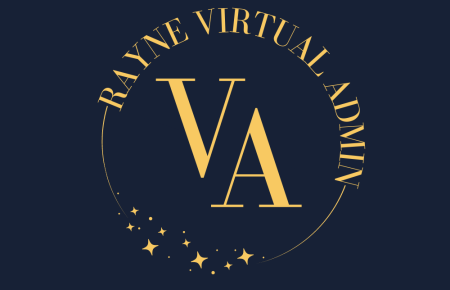In the vast mosaic of human diversity, dyslexia adds its own vibrant hues, complexities, and untapped potential. Yet, despite the richness of the dyslexic experience, outdated misconceptions and stereotypes often overshadow the journey of dyslexic individuals. It’s time to cast aside these shadows and illuminate the path forward with understanding and acceptance. Here are the conversations dyslexic individuals are ready to leave behind:
- “You’re just lazy”: Ah, the age-old assumption that laziness is the root cause of dyslexia. But the truth is far more nuanced—dyslexia is a neurodevelopmental difference that affects the way individuals process language. It’s not a lack of effort—it’s a difference in brain wiring that requires support and understanding.
- “Why don’t you just try harder?”: Ah, the well-meaning advice that falls flat in the face of dyslexic challenges. Dyslexia isn’t a matter of willpower or determination—it’s a learning difference that requires specialized strategies and accommodations. It’s time to recognize the resilience and perseverance of dyslexic individuals, rather than attributing their struggles to a lack of effort.
- “You’re not trying hard enough to read/write/spell”: Ah, the misconception that dyslexic individuals are simply not putting in enough effort to overcome their difficulties. But dyslexia isn’t about effort—it’s about differences in the way the brain processes written language. It’s time to shift the focus from blame to understanding and provide dyslexic individuals with the support they need to succeed.
- “You’re just not smart enough”: Ah, the damaging stereotype that equates dyslexia with intelligence. But dyslexia has nothing to do with intelligence—it’s a difference in the way the brain processes information. Many dyslexic individuals are highly intelligent and creative, with unique strengths and talents that deserve to be celebrated.
- “You’ll grow out of it”: Ah, the misconception that dyslexia is something that can be outgrown with time. But dyslexia is a lifelong difference that affects individuals into adulthood and beyond. It’s time to recognize dyslexia as a valid and legitimate condition that requires ongoing support and accommodation.
Moving Forward with Understanding and Empowerment:
As we journey forward, let’s cast aside the shadows of outdated conversations and embrace a new era of understanding and acceptance. Let’s amplify the voices of dyslexic individuals, celebrate their strengths, and support them on their journey to success. By fostering empathy, compassion, and inclusion, we can create a world where dyslexic individuals thrive and shine bright like the stars they are.







